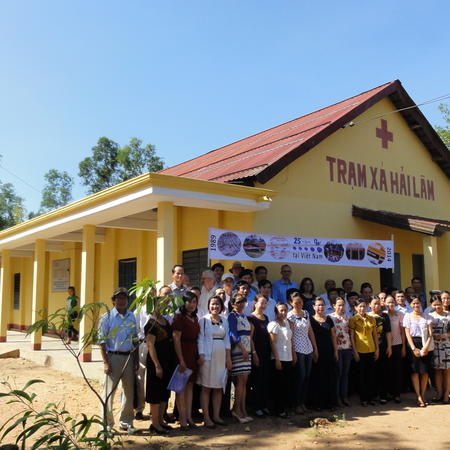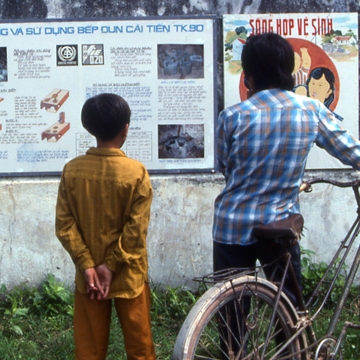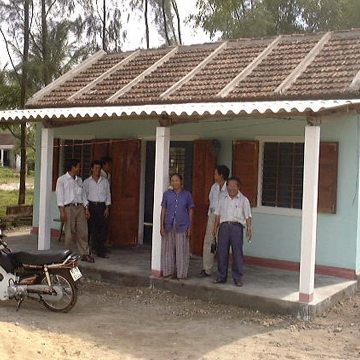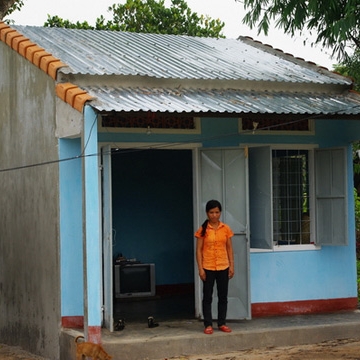What we do
DWF carries on the work started in 1973 by its founder members, working in less developed communities worldwide to provide support that develops capacity within communities to address the increasing challenges of attaining and sustaining livelihoods and wellbeing within safe settlements and shelter. We work on the problems caused by natural and man made hazards, the results of war, and on the impact of rapid changes within society and the environment we live in. Climate change is but one example of this change. The increasing scale of disasters is another. The themes in this section reflect our interests and areas of great expertise.
We focus on capacity building because we know that helping put the right skills in place is a key to ensuring sustainable solutions. We place great importance on communication and equitable access to knowledge and information.
We work with vulnerable groups who need assistance, and we privilege work for young men and women. We work to support and develop income generation opportunities and to ensure that these are sustainable, both as an activity and in terms of the resources they use.
In particular, DWF has decades of experience working in South East Asia and in the arid countries of Sub Saharan West Africa, with offices in Vietnam and Burkina Faso. We are decentralised and staffed mainly by local nationals. In 2010 new projects started in Haiti that build on the Vietnam, Myanmar and Indonesian experience, and DW also works on research on risk reduction lead by Mexican partners (CIESAS) and universities based in Europe, Asia and Latin America.
Our work wins awards. DW is the only organisation to have twice won the prestigious World Habitat Award, for its work in West Africa to promote “woodless construction” that stops people cutting trees for construction in Sub Saharan countries (1998) and for the “Prevention of typhoon damage to housing in Vietnam” (2008), which has also received the UNISDR Sasakawa Award for Disaster Reduction (2009) and the UN South South Transfer Award (2010). Our work is frequently cited as best practice.











